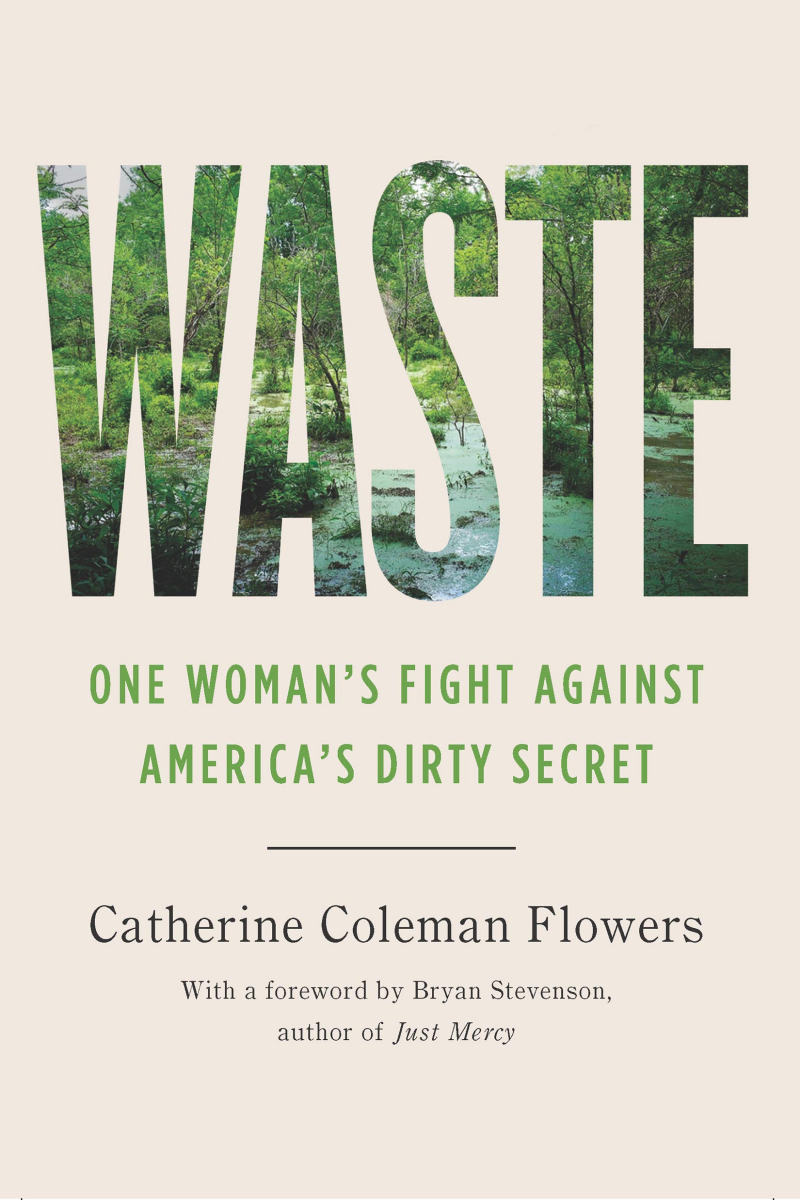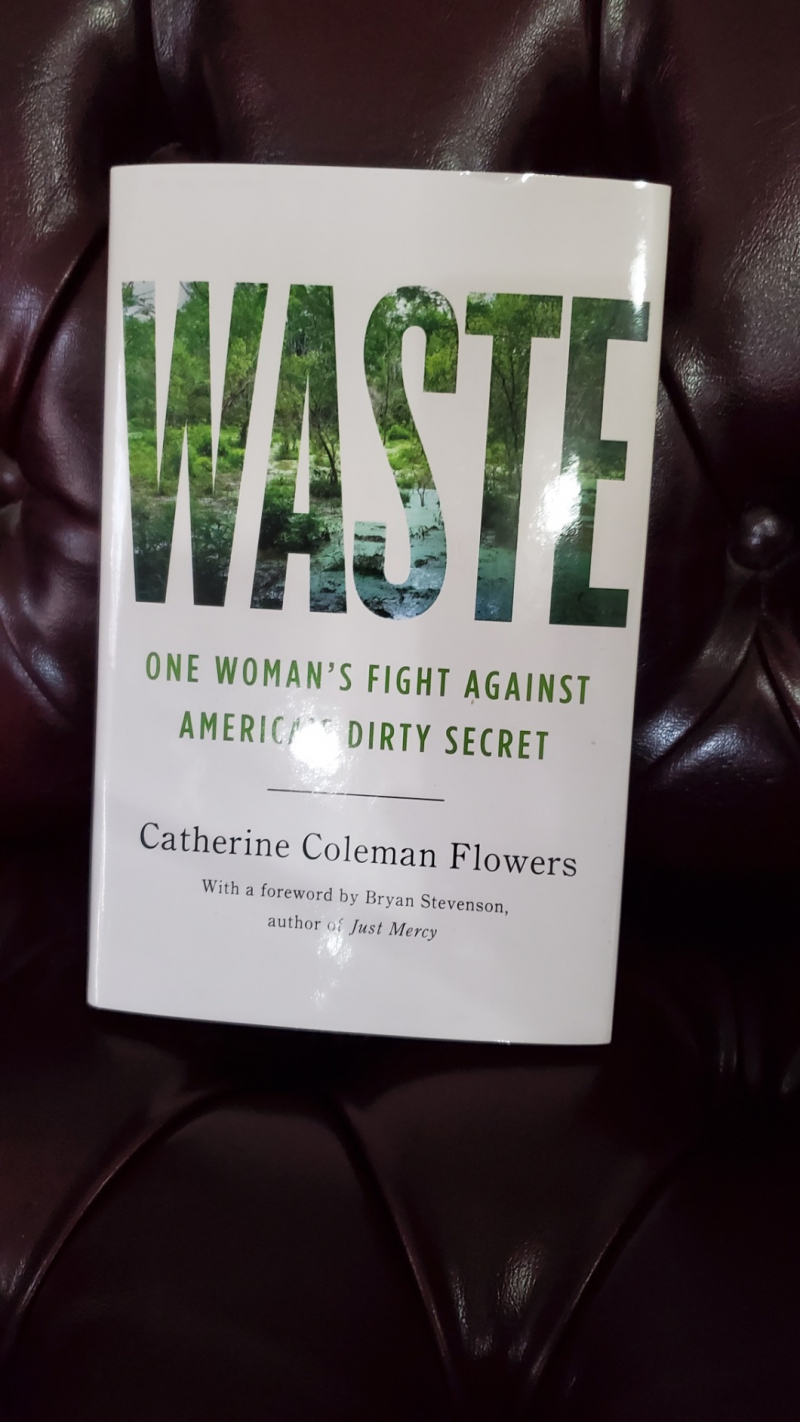Waste: One Woman’s Fight Against America’s Dirty Secret

Catherine Coleman Flowers is the former founder and director of the Alabama Center for Rural Enterprise, and she has been the rural development manager of the Equal Justice Initiative's Race and Poverty Initiative since 2008. She lives in Montgomery, Alabama, and is the author of Waste: Uncovering the Dirty Truth About Sewage and Inequality in Rural America (The New Press).
Catherine Coleman Flowers, a 2020 MacArthur "genius," grew up in Lowndes County, Alabama, dubbed "Bloody Lowndes" for its violent and racist history. Once the core of the voting rights movement, it is now the starting point for a new movement that is also Flowers' life's work: the campaign to secure human dignity through a right that most Americans take for granted: basic sanitation. Too many people, particularly the rural poor, lack an affordable way of properly disposing of waste from their toilets and, as a result, live in filth. Flowers refers to this as America's shameful secret. She tells the story of systemic class, racial, and geographic prejudice that foster Third World conditions not just in Alabama, but across America, in Appalachia, Central California, coastal Florida, Alaska, the urban Midwest, and on Native American reservations in the West, in this "powerful and moving book" (Booklist).
In Waste: One Woman’s Fight Against America’s Dirty Secret, Flowers shows how sanitation is becoming too big a problem to ignore as climate change brings sewage to more backyards—not just those of poor minorities—in this inspiring story of the evolution of an activist, from country girl to student civil rights organizer to environmental justice champion at Bryan Stevenson's Equal Justice Initiative.
Author: Catherine Coleman Flowers
Link to buy: https://www.amazon.com/Waste-Womans-Against-Americas-Secret/dp/1620976080/
Ratings: 4.5 out of 5 stars (from 191 reviews)
Best Sellers Rank: #286,607 in Books
#37 in Environmental & Natural Resources Law (Books)
#216 in Development & Growth Economics (Books)
#274 in Environmental Policy











